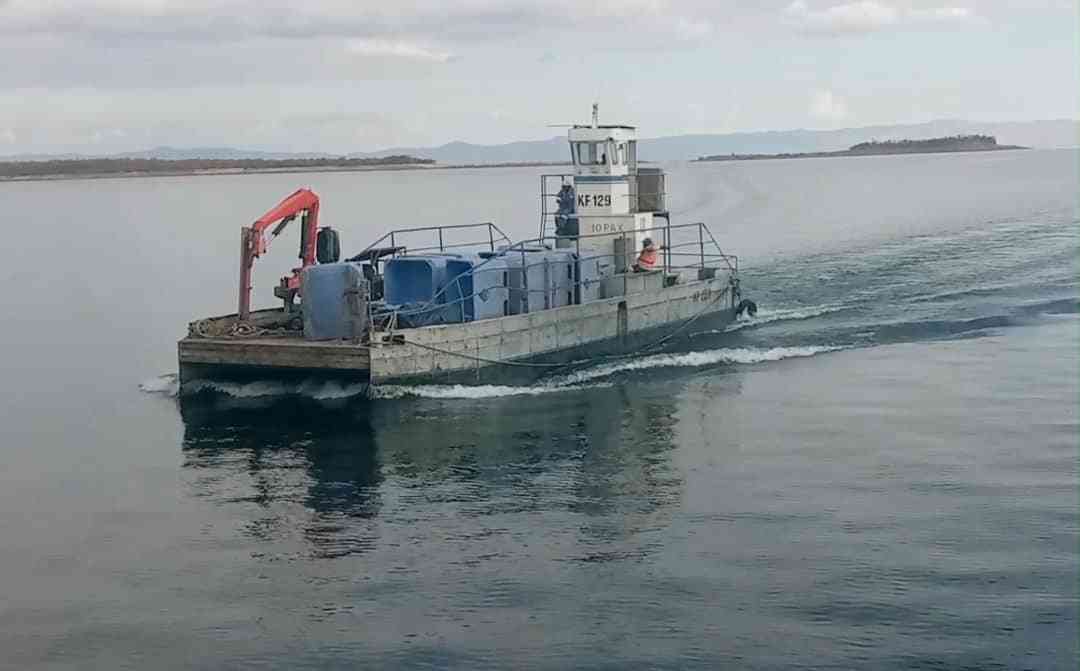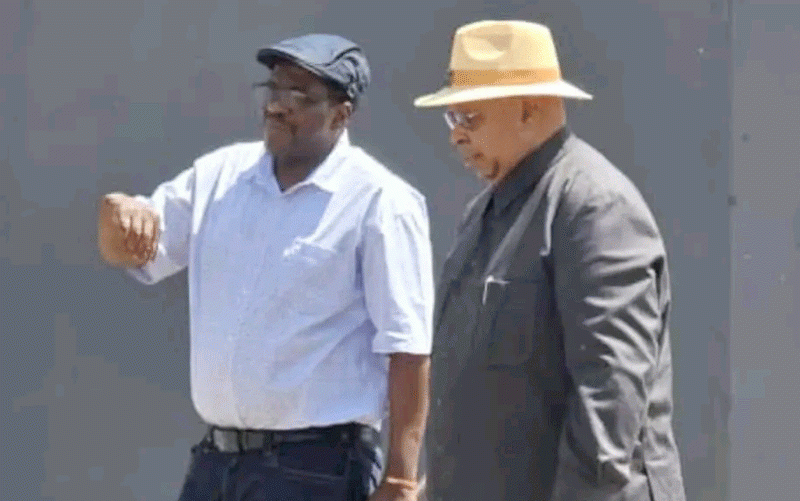
Harare is now a den for drug lords pushing dangerous substances such as cocaine and heroin with impressionable youths in poor neighbourhoods increasingly becoming addicts, a month-long investigation has revealed.
BY OBEY MANAYITI
The drugs brought into the country by top government officials, businesspeople and ordinary cross-border traders that travel as far as Tanzania are finding their way into the streets of the capital’s Avenues area, notorious for commercial sex workers and affluent suburbs.
Investigations that included interviews with drug-pushers, dealers and users of the illegal substances revealed that drug dealers operated freely in the capital’s Kopje area and the central business district (CBD), particularly Luck Street.
They also operate from night clubs frequented by foreigners in the Avenues area, a lodge reportedly owned by a top government official in the CBD and another joint that is popular for holding striptease shows.
Insiders in the underworld networks operating in Harare claimed that one of the most prominent dealers in the Kopje area was linked to a senior government official.
Other hotspots included Mufakose where both expensive and cheap drugs are found in places known in street lingo as George Norton, Morcan, Magolis and Boss Jobo.
In Budiriro, the most popular place for drug-pushers is Tawanda Matsotsi, while in Mbare there is David House where dangerous drugs are easily accessible.
- Chamisa under fire over US$120K donation
- Mavhunga puts DeMbare into Chibuku quarterfinals
- Pension funds bet on Cabora Bassa oilfields
- Councils defy govt fire tender directive
Keep Reading
Terry Guns is favoured by both addicts and drug-pushers in Glen View, while in Mabvuku they operate from a place known as KwaRasta.
“Most of these drugs come from South Africa, Botswana and Namibia. Some supplies come from a syndicate of people working in cahoots with border officials to allow drugs into Zimbabwe,” said a source who requested anonymity fearing victimisation.
The Zimbabwe Civil Organisation and Drug Network (ZCLDN), an organisation fighting to stem drug abuse in the country, said it was aware of the proliferation of narcotics in Harare.
“Most of the drugs find their way into Zimbabwe because we have porous borders,” ZCLDN’s Wilson Box.
“Zimbabwe is also an attractive market for the drugs because of the multi-currency system but there are serious challenges in that regard because this has fuelled crime, violence and diseases such as HIV, Hepatitis C, TB among others.”
Wilson added: “Even at work, a worker who is intoxicated is not very productive. This also brings the issue of money laundering in the country.
“You will find that drug lords are so liquid even during the time of a cash crisis.”
According to Box, Zimbabwe has become an attractive place for drug dealers because of the widespread use of the United States dollar, a world reserve currency.
Dangerous drugs such as crack cocaine are sold by numerous players ranging from prominent business people, middle class traders and several active and low-key runners whose names were made known to this paper.
The drugs are sold at night clubs, house parties and on the streets along the Avenues areas mostly by commercial sex workers.
Some of the dealers said their networks included law enforcement agents and border officials.
A drug pusher at one of the city’s popular night spots introduced our news crew to a small-time dealer who opened up following assurances that her identity would be protected.
The woman, a former cross-border trader said she was dealing in crack cocaine.
The substance is the most potent form of cocaine that is associated with intense energy, hyperactivity, aggression and sometimes paranoia.
It is a mixture of pure cocaine and a readily available baking aid. The substance is also called “rock” or “dombo” in street language.
The middle aged woman claimed that she was well-connected at the country’s two busiest borders in Beitbridge and Chirundu, which makes it easy to smuggle the drugs, especially cocaine, into Zimbabwe.
Getting her to speak about her business was not easy. The woman kept changing the rendezvous until she finally showed up in a street far away from her home in one of the leafy suburbs in the capital.
Looking uneasy, the woman slipped into the car but after brief introductions, opened up. She pulled a tiny packet that was stuffed in her bra, between her breasts.
“Did you explain that this costs $20,” she asked our fixer.
“How many grams do you think you can take a week,” she added assuring us that the sample was well-mixed and could be tested anytime as she believed we were potential buyers.
“I used to sell groceries and clothes. I would also travel a lot to buy clothes in Tanzania and groceries in South Africa.
“But you see, that is very stressful business because you have to pay a lot of bribes to officials.”
The woman said she normally brought at least 100g of pure cocaine each time she went to Tanzania or South Africa. She said from 100g she made at least $5 000 after mixing the drug with other substances.
Back at the night spot, the fixer introduced the news crew to a drug user who claimed to be an “expert” in identifying “quality” drugs.
Another illegal drug dealer who also refused to be identified claimed that she sourced the drugs from South Africa. “I cannot assist you with too much information because I will be selling out my base,” she said.
“However, I usually go to South Africa on Sundays and by Tuesday I will be heading back home.
“Demand is always high starting from Wednesday up to Saturday.”
She claimed that she buys 200g of cocaine for about R4 000 in South Africa and sells a gramme for $80 back home. It emerged that the drug dealers were also addicted to the narcotics.
“You know with people who push drugs, they are not found at one place. It’s different from people selling marijuana,” said another source.
“There are established but closely guarded networks, which you will have to be introduced to by someone from within.
“Drugs are illegal and they cannot be traded openly.”
The source said there were houses in Harare’s affluent areas where drugs were sold during parties but vetting was strict to avoid infiltration by police.
“These habits [drug use] are mostly influenced by people coming from the diaspora,” added the source. “They are also seeing that it is easy to bring the drugs into Zimbabwe and that there is potential to make money. This has encouraged a lot of trafficking.”
Besides selling cocaine and other narcotics, some dealers are also pushing medical drugs that are often abused by addicts. Our investigations revealed that ephedrine was one of the drugs favoured by many addicts. The use of ephedrine is closely monitored in Zimbabwe but some drug dealers can easily access the drug, which they mix with cocaine. According to another informed drug peddler, senior government officials and well-known socialites who often flaunt their riches in public were behind syndicates that pushed ephedrine.
According to former Health minister Timothy Stamps, drug laws in Zimbabwe do not adequately address issues surrounding drug use/misuse, particularly prevention and treatment.
Stamps, in a presentation that he made early this year of drug use in Zimbabwe noted that the Criminal Law (Codification and Reform) Act, especially Chapter 7 which deals with dangerous drugs was outdated.
The former minister who is now President Robert Mugabe’s health advisor said it was difficult to determine the extent of the drugs problem in Zimbabwe because of lack of reliable data.
Stamps said available statistics came from small research projects and newspaper articles that do not present a full picture of the nature and extent of the issues at stake.
However, Police spokesperson Senior Assistant Charity Charamba said they have not heard about such reports.









